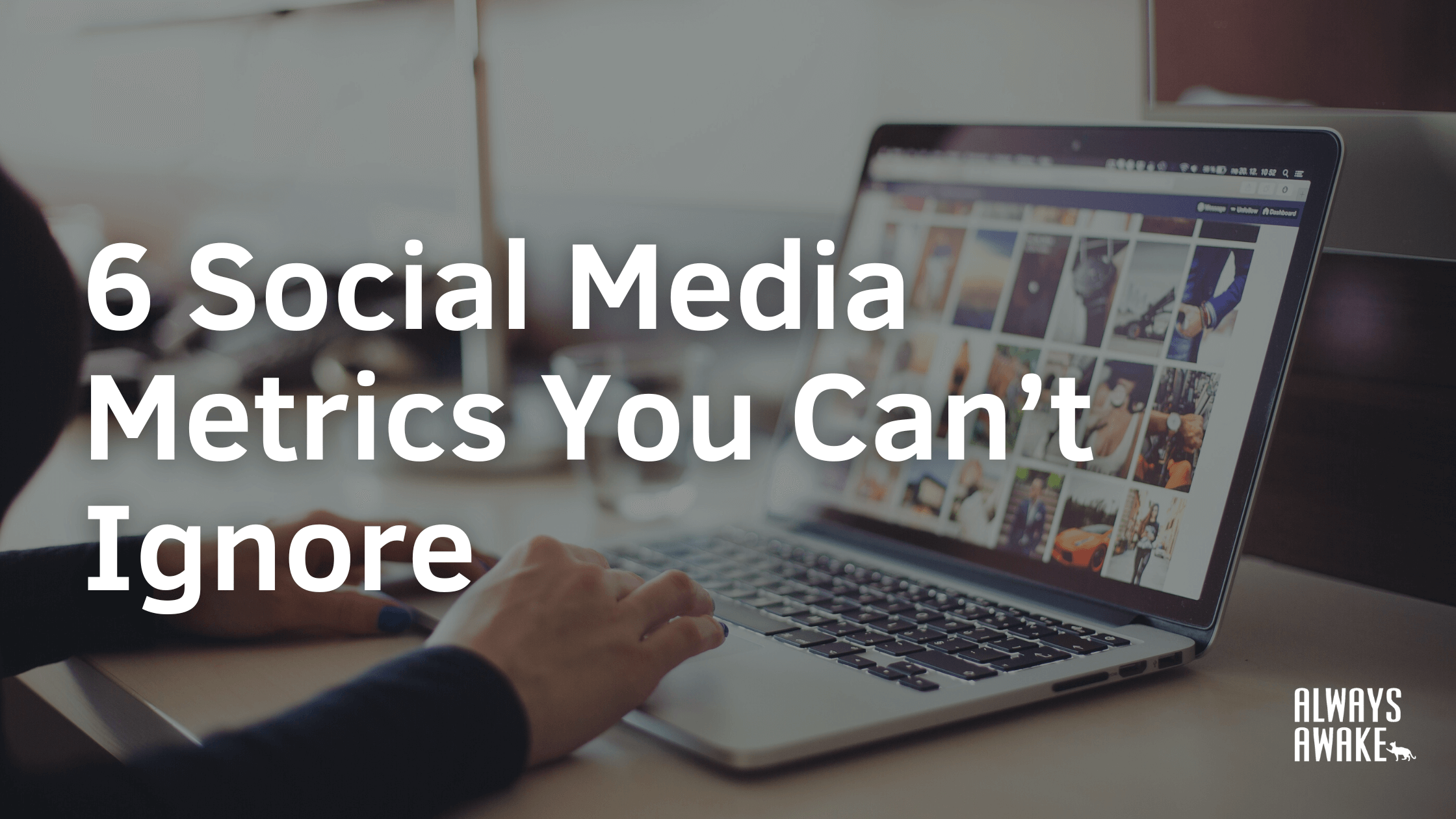
6 Social Media Metrics You Can’t Ignore
We agree that social media metrics have become crucial to businesses over the past 2 decades for many reasons. The wonderful thing about social media is that social media metrics these days are available more readily and accurately, as compared to last decade. And such matrics reveal crucial data relevant to your business that can impact the company’s ROI ultimately.
Because of this, we’ve compiled a list of the social media indicators you need to monitor so that you won’t miss out on any significant data that may be useful now as well as in the future. These metrics can help you understand your customers better, show you how to measure ROI, strengthen your brand’s online presence, and leave you with happier clients who are willing to trust and spend on you.
Here are the 6 social media metrics indicators that need to pay close attention to:
- Traffic
When you have a strong social presence online, you likely enjoy good traffic, and that’s why many marketers turn to social media as it is very effective at doing that. Businesses may simply drive visitors from social media to their website through thought leadership and alluring messaging. As trust and knowledge need to be built before a customer views a website, the best outcomes are not overtly “salesy”. Fortunately, practically every company in the world now employs a social media manager to engage with customers and increase website traffic. - Brand awareness
Through social media, customers look for product reviews and advice from their peers. Social media is where consumers go to learn about new items. A well-liked strategy for increasing brand recognition on social media is to collaborate with influencers who can inform their audiences about a brand. - Sales
Many companies have discovered innovative ways to market their goods and services, switching to social media campaigns in place of antiquated snail mail and emails. Consistent interaction, via paid advertisements, third-party endorsements, and more lately, live stream shopping, promote sales. A social media manager currently plays one of the most important positions in a company because sales are so closely linked to social media initiatives. - Business insights
Businesses can obtain useful information about their brands, consumers, and goods using social listening, commonly referred to as social media monitoring. You can utilize social listening information to drive your content strategy, product development, campaign efficacy, how to interact with prospects and consumers, and how your rivals are doing business in your sector. - Customer experience
From isolated messages to a comprehensive online presence, customer experience (CX) has developed. Being genuine with an audience is essential to creating a positive CX on social media. Businesses now have a variety of tools at their disposal to please their customers and move them along the buyer’s journey thanks to social media, which has made two-way contact possible. - Loyalty
Businesses can communicate with both new and recurring customers through social media. Social media users who have had a good experience with a brand are more inclined to tell their friends and family about it. More than ever, customers yearn to engage with the brands they use, and social media gives them the opportunity to do so. Building brand loyalty with your customers may be achieved by consistent involvement, audience recognition, and the provision of exclusive offers via social media.
- Traffic
Final Thoughts
Numbers don’t lie. For social media measurement to be effective, consistency and planning are important. Select your preferred metrics, and begin monitoring them right away. Every week or month, compute these numbers using the same tools and techniques. Pay attention and keep track of how your numbers change over time, these are unique to every business, and if you are able to grasp their patterns and know what it means, you can scale your business.
While branding does not replace marketing and sales, it does make them easier. Most of the time, customers are more likely to trust you with their hard-earned money if you have more reliable material available, more social proof in the form of likes, shares, and comments from other users, published articles, or truly high-level guests on your podcasts.

